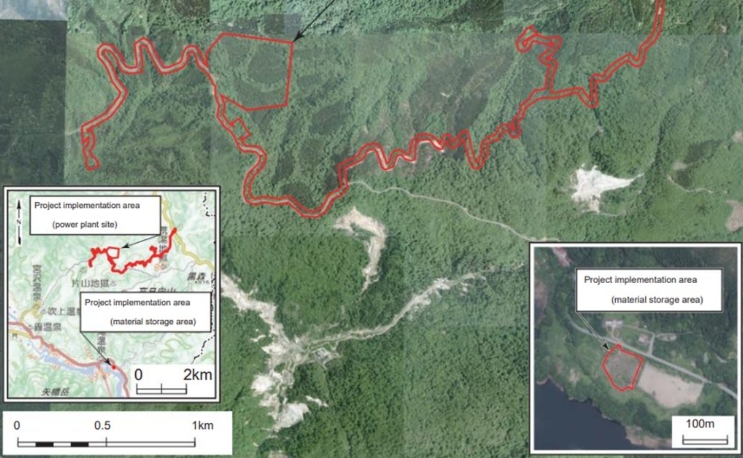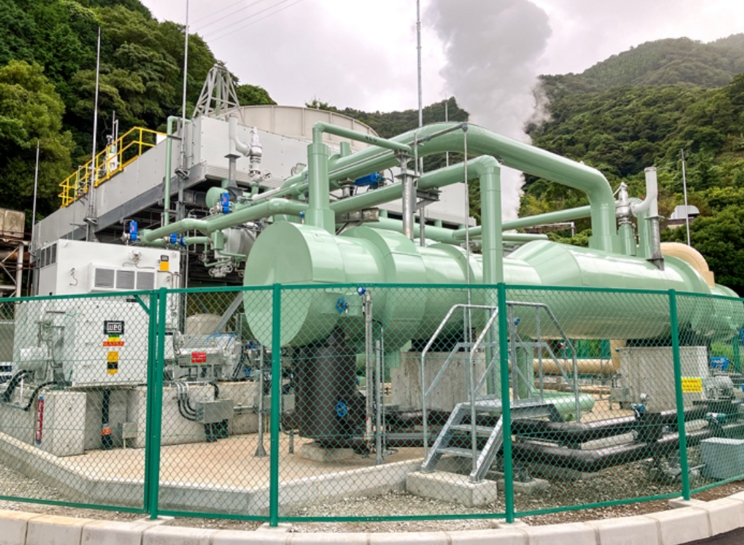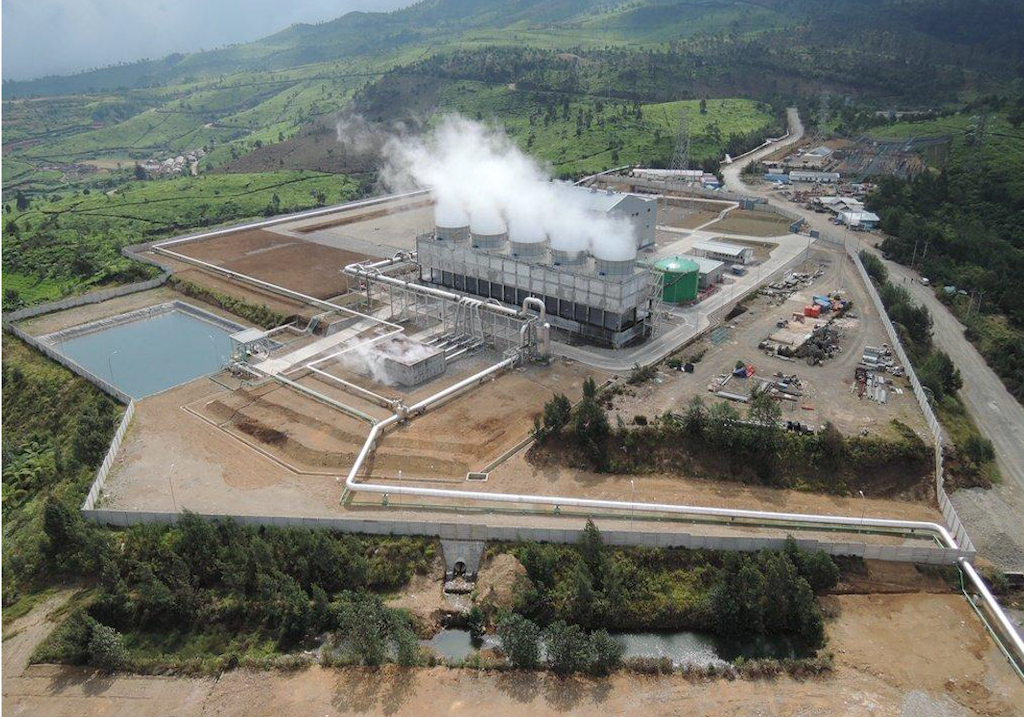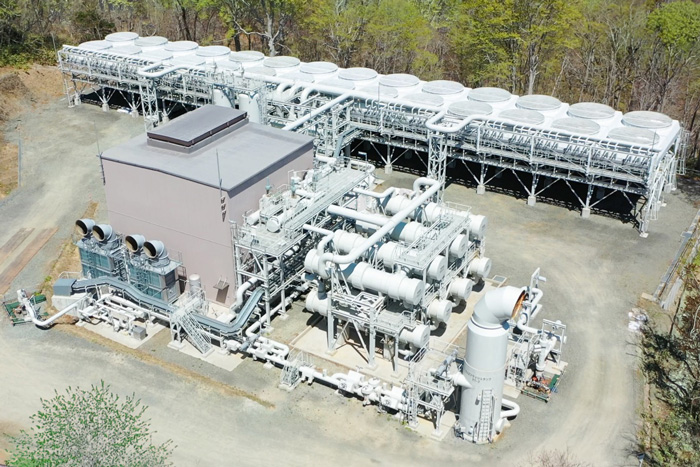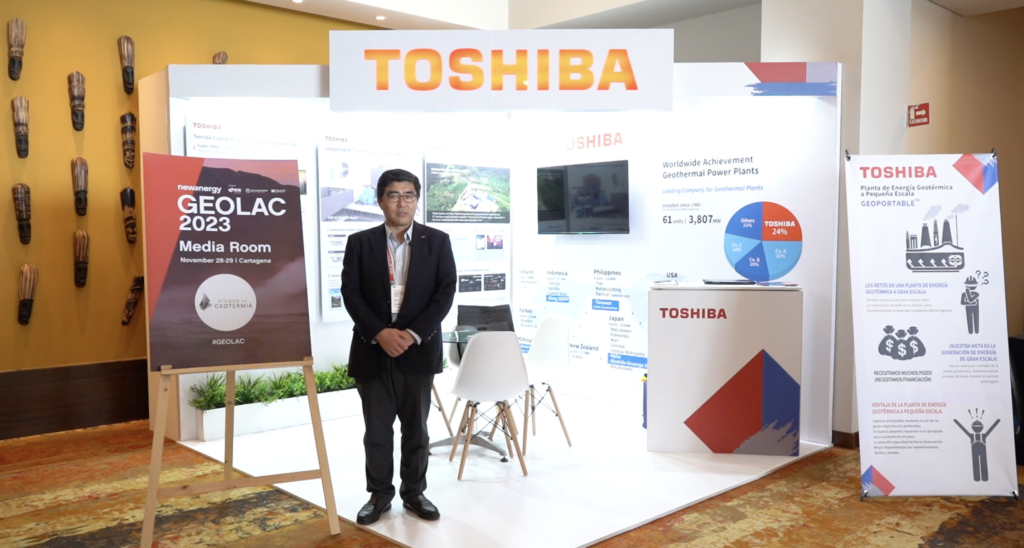
The VLS-IV fuel cell is said to offer “material advantages” in fuel cell applications including high power output, low costs, long lifespan and high fault tolerance.
Using the firm’s graphite-metal hybrid bipolar plate technology, Horizon said the new system could reduce hydrogen consumption by up to 20% in heavy trucks.
Traditional heavy-duty truck fuel cells range in capacity from 100kW to 250kW. By going up in size, the firm said it will provide “ample power” for the “heaviest” on-road trucks.
“This new fuel cell from Horizon sets the stage for hydrogen applications to enter a new era characterised by higher power, greater efficiency, compact size and lower costs,” a company statement said.
In manufacturing the system, Horizon said it has made “comprehensive upgrades.”
Producing its graphite layer using “high-precision molding techniques,” it claims to have reduced costs by over 50%.
Furthermore, the stack’s metal layer uses a new PVD carbon coating to improve conductivity and reduce contact resistance.
Launched in 2003, Horizon has been eager to position itself as a key fuel cell provider for heavy-duty vehicles. However, having launched its US truck spin-off Hyzon in 2020, its top team found itself facing scrutiny over its financial practices, including allegations of overstating vehicle deliveries and orders.
